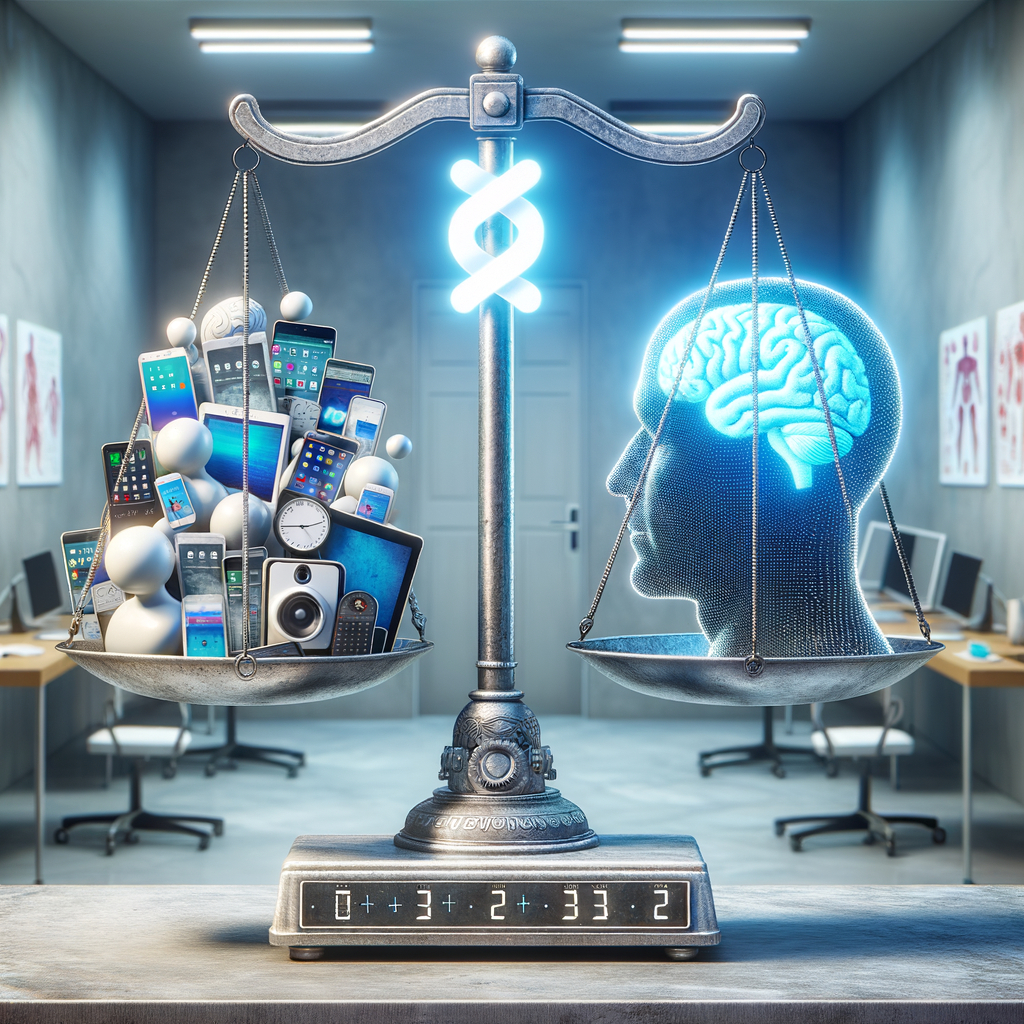Physical Address
304 North Cardinal St.
Dorchester Center, MA 02124
Physical Address
304 North Cardinal St.
Dorchester Center, MA 02124

The advent of technology has undeniably revolutionised our world, transforming human experiences and shaping societal norms. It has touched every aspect of human life, including communication, entertainment, education, business and health. However, while the benefits are numerous and apparent, there is an underlying concern about its impact on mental health. This article explores the paradoxical relationship between technology and mental health.
Technology can be a double-edged sword when it comes to mental health. On one hand, it provides tools that can improve mental health services such as teletherapy and online self-help resources. On the other hand, excessive use of technology can lead to various psychological issues like anxiety, depression and addictive behaviours.
Despite the potential risks associated with technology use, there’s no denying its positive influence on mental health care. Teletherapy or online counselling has become increasingly popular in recent years. It offers a convenient way for individuals to seek help without leaving their homes – a significant advantage particularly during pandemic restrictions.
Moreover, many mobile applications now offer mindfulness exercises, cognitive behavioural therapy techniques (CBT), and other self-help strategies that promote emotional wellbeing. These digital platforms provide immediate access to therapeutic tools that would otherwise require a visit to a professional.
While the positive aspects cannot be ignored, it is equally important to acknowledge the negative impacts of technology on mental health. Excessive screen time is linked with sleep disturbances which can exacerbate or contribute to mental health problems such as depression and anxiety.
Social media platforms also present challenges for mental wellbeing. Comparing oneself with others online can lead to feelings of inadequacy and low self-esteem. Cyberbullying, another by-product of the digital age, can have devastating effects on mental health, particularly among young people.
Another major concern is technology addiction. The constant need to check emails, social media updates or play online games can lead to compulsive behaviours that mirror substance abuse disorders. This addiction can interfere with daily activities, reduce productivity and lead to social isolation – all of which negatively impact mental health.
As we continue to navigate this digital age, it’s crucial that we become digitally literate – understanding not only how to use technology but also the potential risks involved. Parents should educate their children about responsible internet use and schools should incorporate digital literacy into their curriculum. Understanding the potential impact of our online behaviours on our mental health is a critical step towards using technology responsibly.
In conclusion, while technology offers many benefits for mental health care, its overuse poses significant risks. Striking a balance between utilising the advantages of technology and mitigating its potential harm is key in maintaining good mental health in this digital era.
It’s important for individuals to set boundaries with their tech usage and take regular breaks from screens. Employing mindful practices when using technology can also help maintain this balance.
This paradoxical relationship between technology and mental health underscores the importance of ongoing research in this area. As we continue to innovate and advance technologically, so too must our understanding of its impact on our psychological wellbeing evolve.